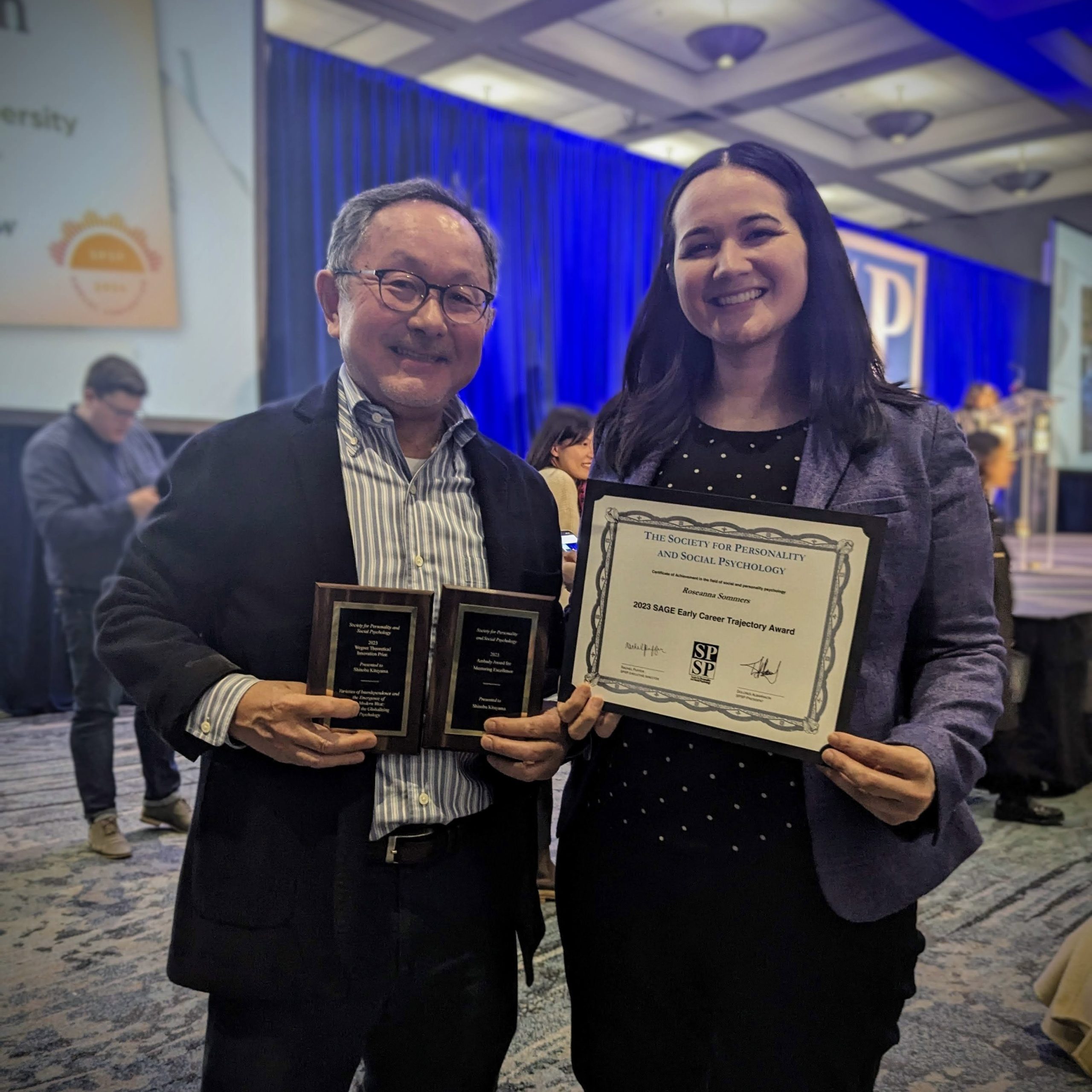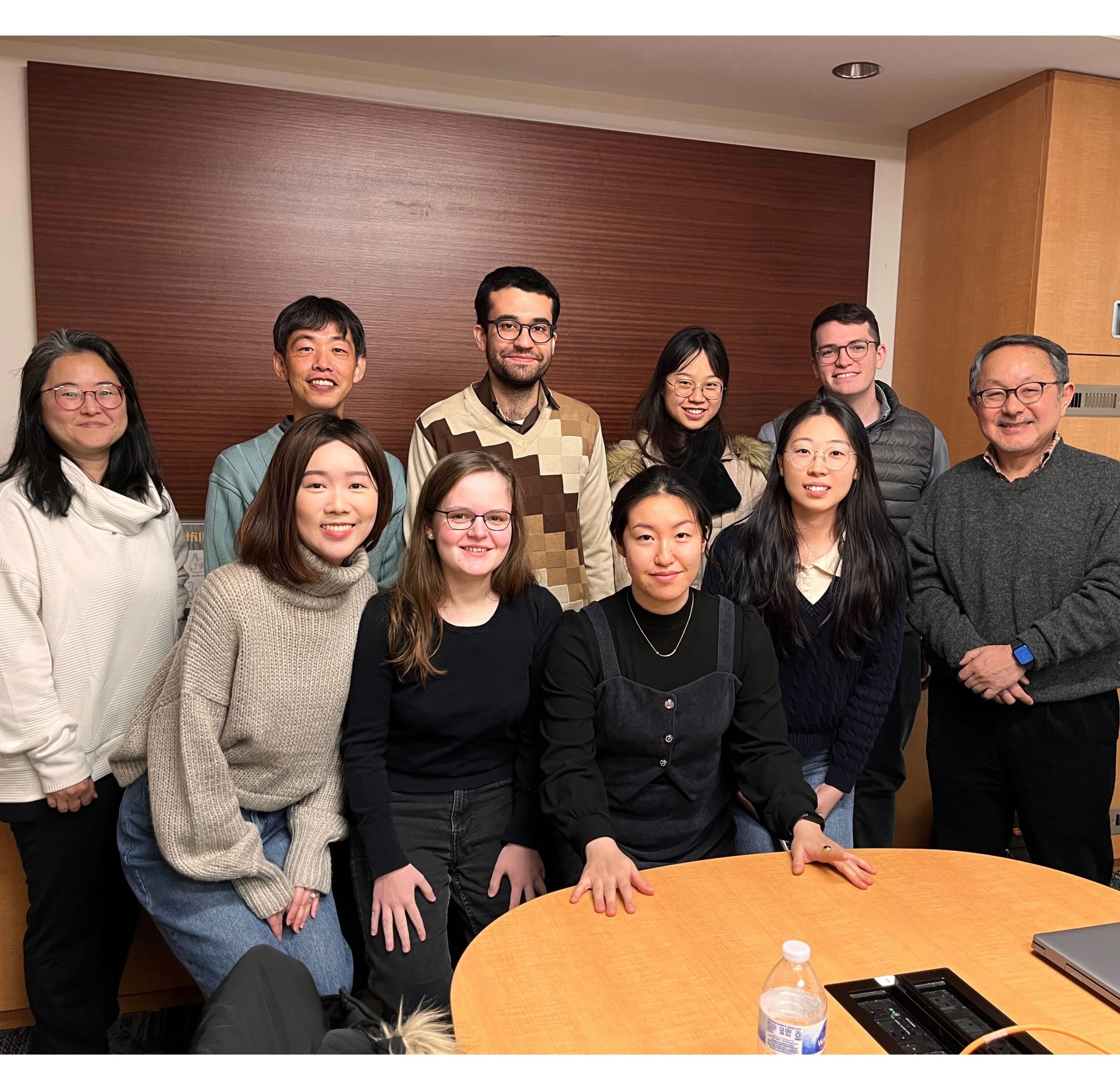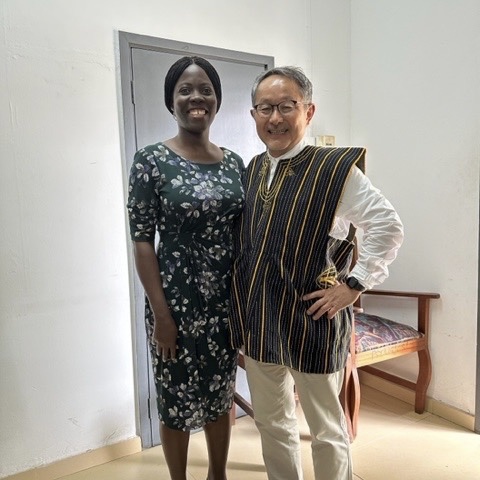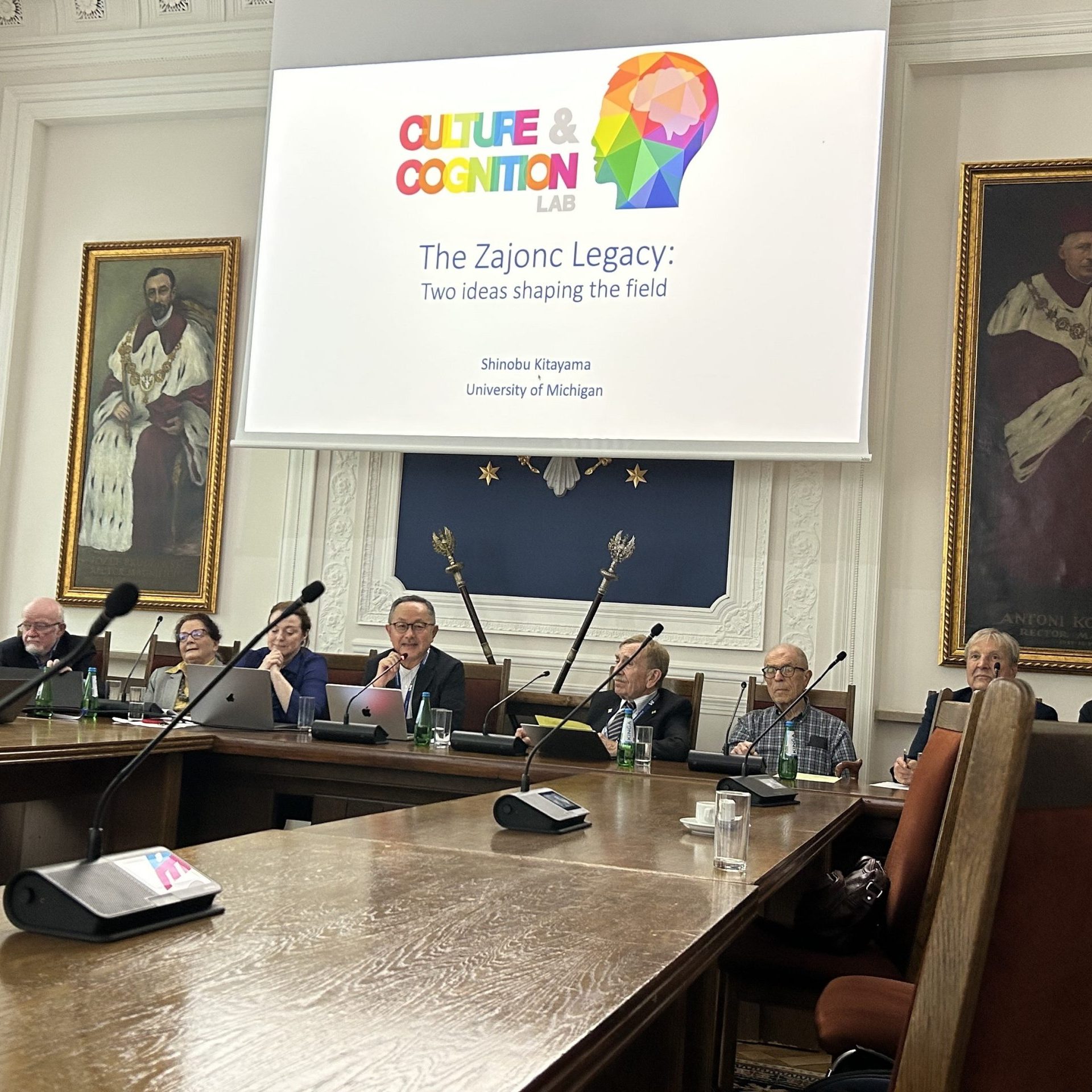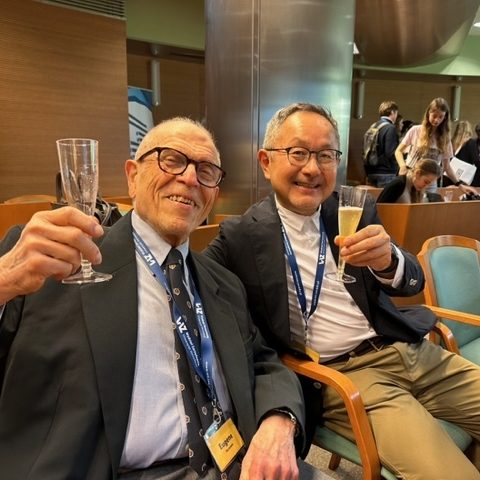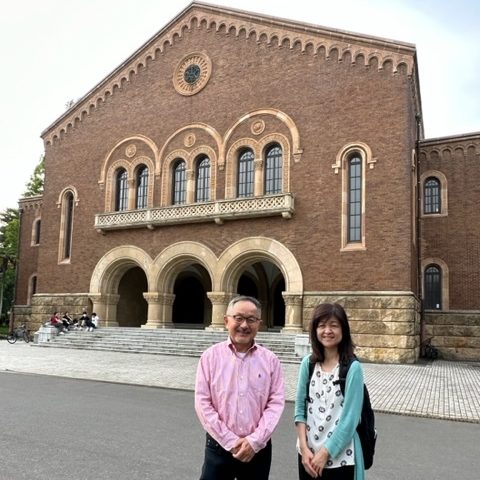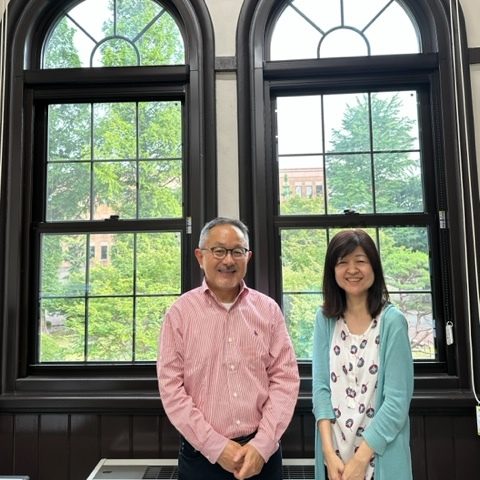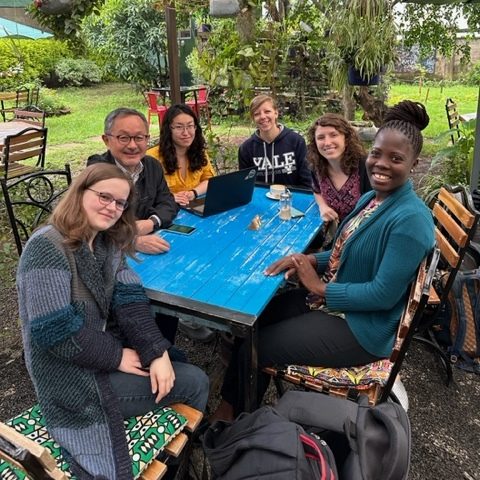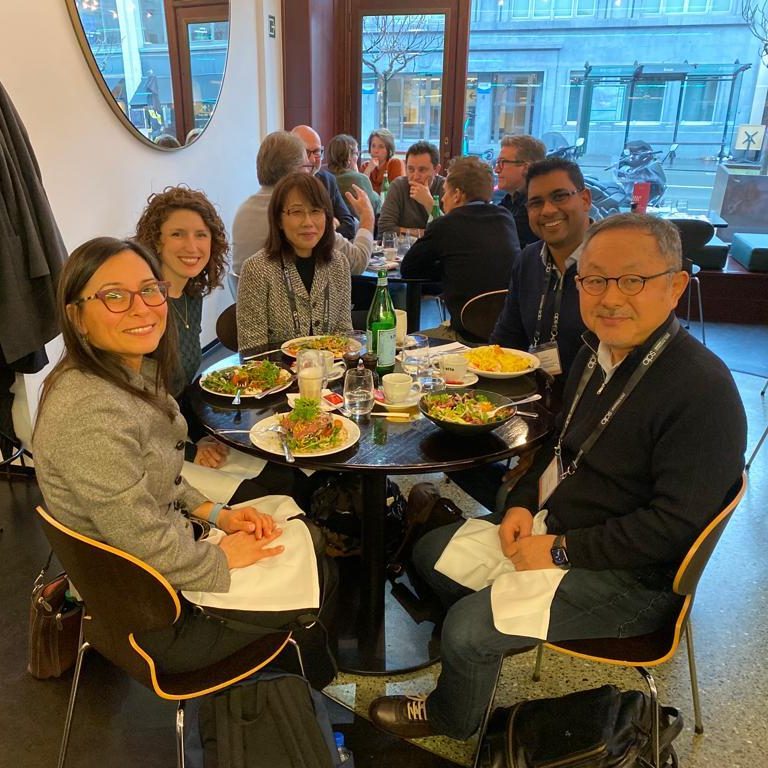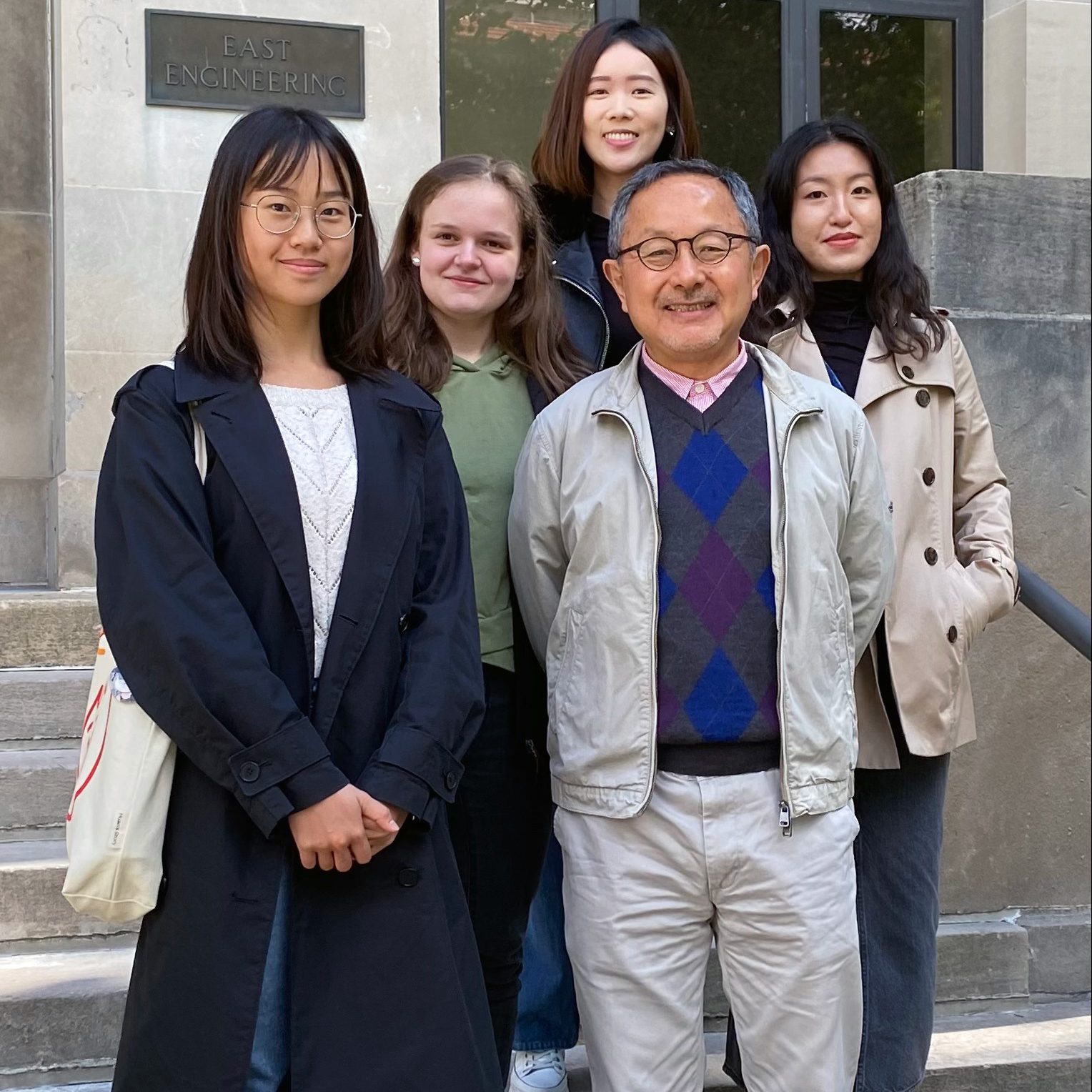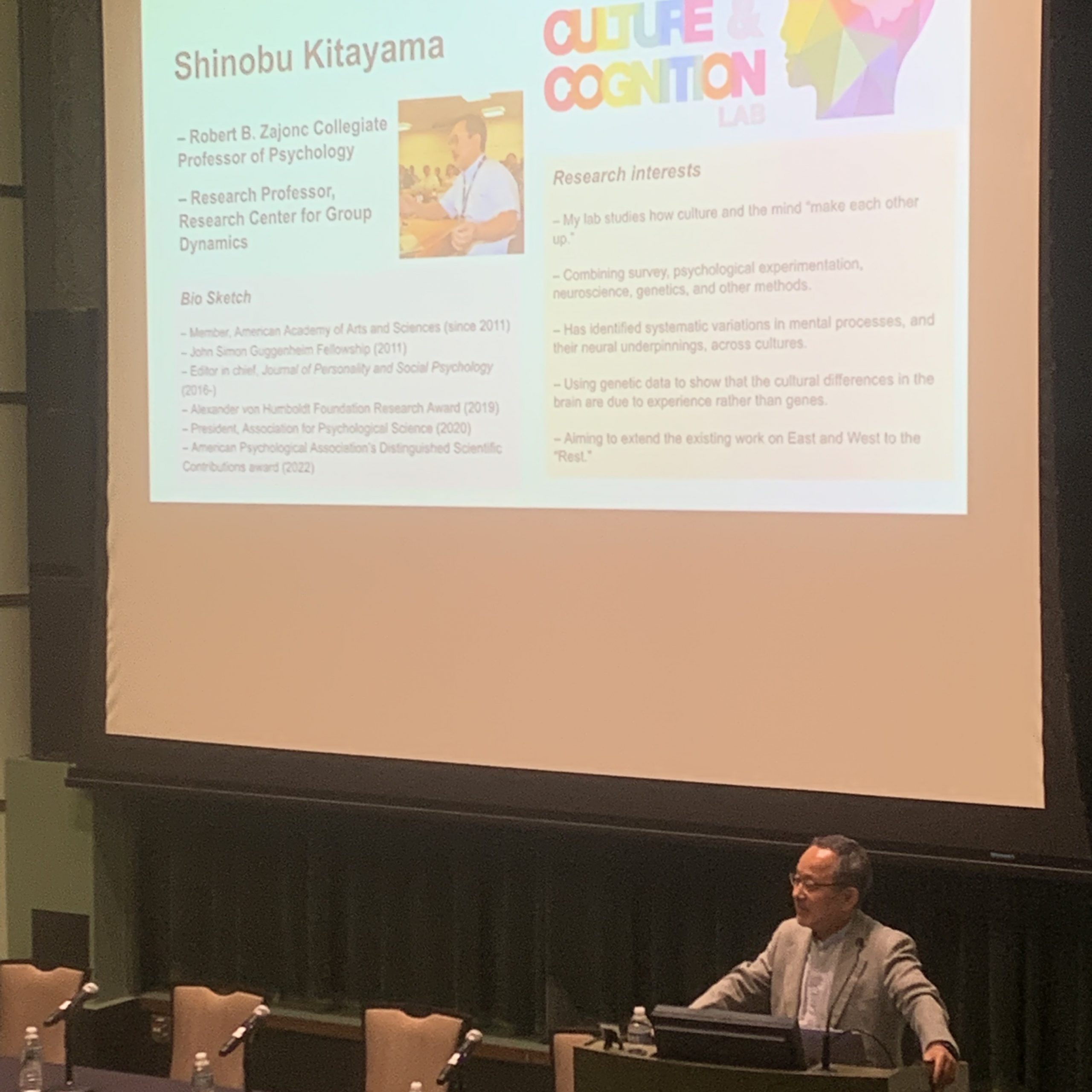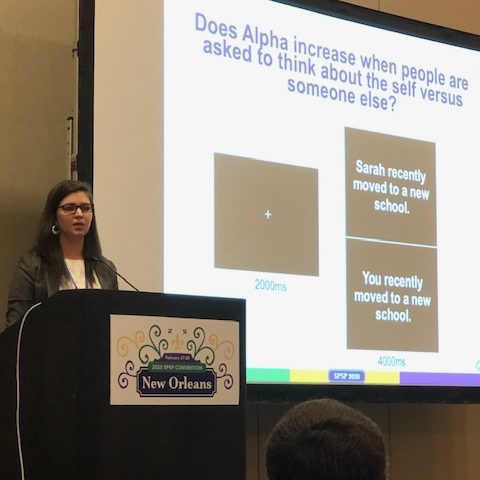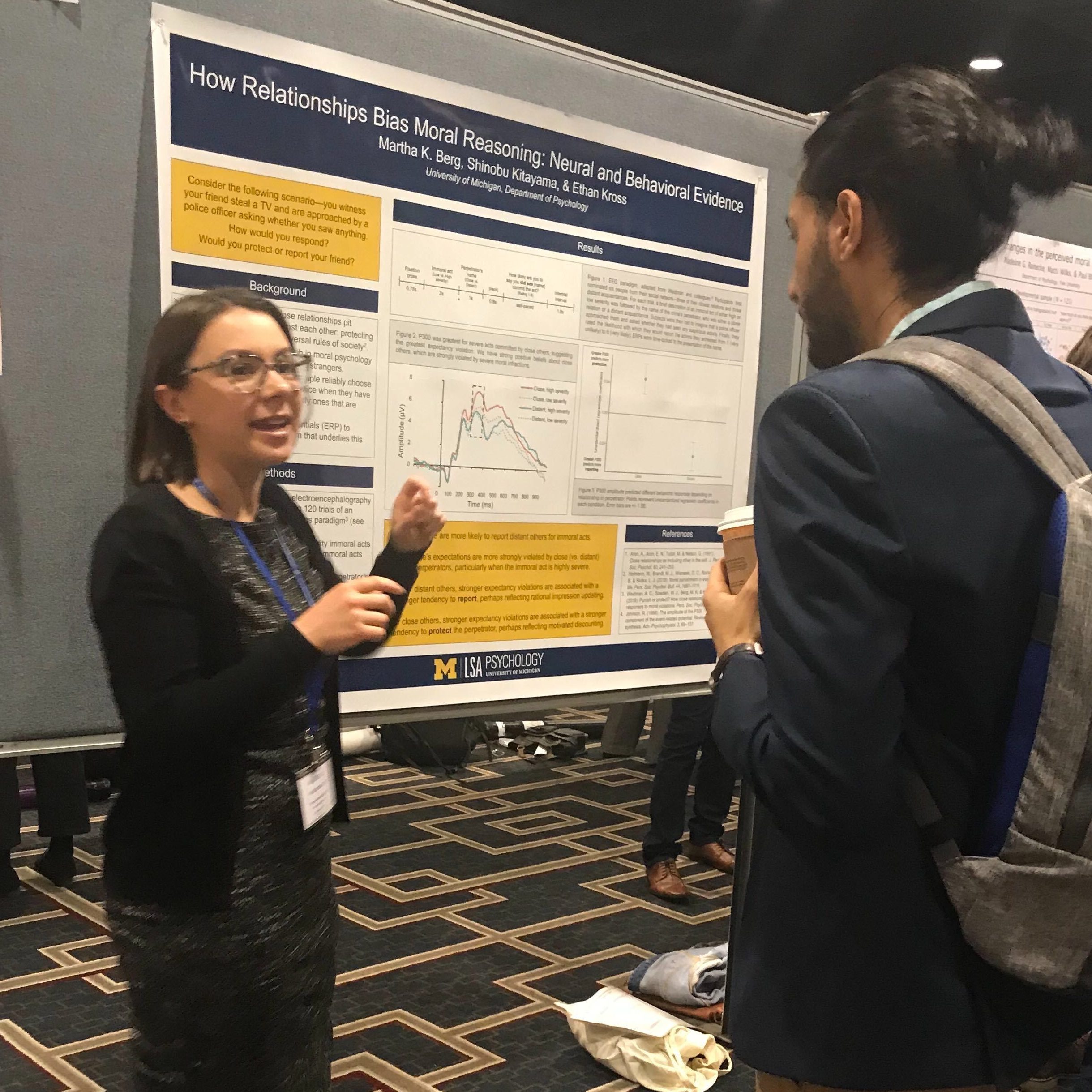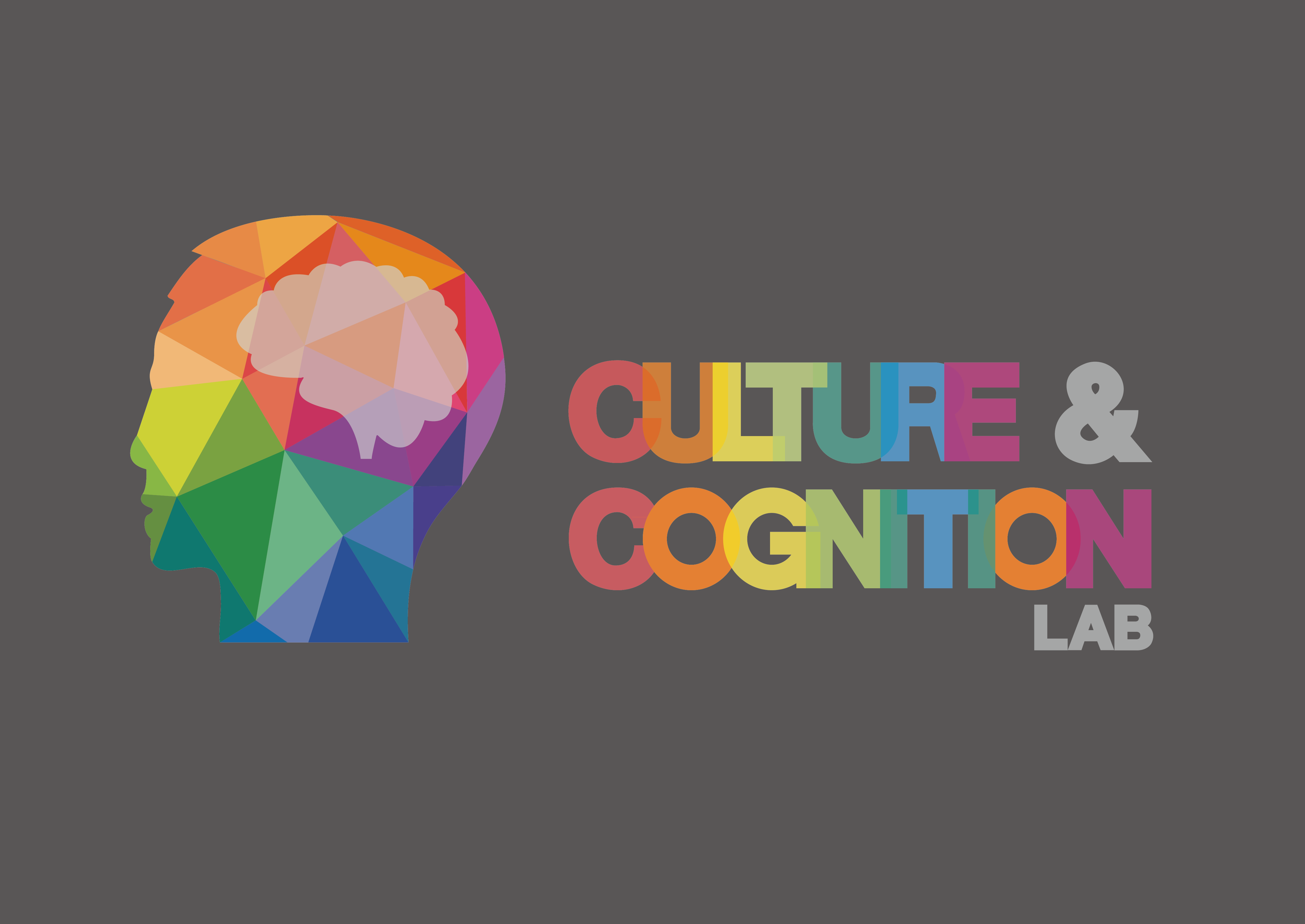
Click here for the latest news!
Welcome to the Culture and Cognition Lab!
We try to understand how the sociocultural world and the mind make each other up to influence various facets of psychological function including cognition, emotion, motivation, the self, and health. We have used a wide array of methods including behavioral and neural measures as well as genetic and epigenetic indicators.
Click here for an overview of our lab
Click here to read a recent APA article about Shinobu Kitayama
"Shinobu Kitayama wants psychology to represent people in non-Western societies, too"
"Shinobu Kitayama wants psychology to represent people in non-Western societies, too"
Research Themes
They converge to contribute to a long-standing program of research on the interface between socio-cultural processes and mentality.
Please click the links below to learn more about each of these research areas.
People

Shinobu Kitayama
Principal Investigator; Robert B. Zajonc Collegiate Professor of Psychology
Our most recent work examines, among others, the self, cognition and emotion, norm psychology, and varieties of interdependence across the globe, with behavioral, neuroendocrine, neuroscience, and genetic and epigenetic methods.
CV | Scholar | Email|
SPSP Heritage Wall

Irene Melani
Graduate Student
My research interests revolve broadly around understanding why and how cultural differences exist and manifest. Specifically, I am interested in the mechanisms underlying cultural variations in cognition and the ways individuals organize themselves within groups.
CV | Scholar |
Email

Yaxin Xiao
Graduate Student
My research interests revolve around culture, social cognition, and neuroscience. Specifically, I am interested in exploring how culture learning on social cognition shapes our brain differently on both structural and activational levels. I am also interested in culture variations on the human physiological processes (e.g., neuroendocrine and immune systems).
CV |
Email

Mohammadhasan (Hasan) Sharifian
graduate student
My research revolves around culture and intergroup processes. Specifically, I am curious about the link between cultural tendencies and prejudice, conflict, and extremism. I am especially interested in focusing on understudied regions such as the Middle East and North Africa.
CV |
Email

Erin Wang
Lab Manager
My research interests revolve around cultural neuroscience and emotion. I am particularly interested in understanding how cultural values shape emotional processes in social relationships and their implications for mental and physical health outcomes, as well as social judgment.
Email

George Kertawidjaja
Lab Manager
My research interests center on the intersection of culture and health. Specifically, I am interested in how institutions can leverage community perspectives, cultural knowledge, and indigenous practices to enhance participatory approaches in health interventions.
Email
Lab Affiliates
 |
RICHARD NISBETTUniversity of Michigan | Website | Email |
 |
HAZEL R. MARKUSStanford University | Website | Email |
 |
ERIC IGOUUniversity of Limerick, Ireland | Website | Email |
 |
MAYUMI KARASAWATokyo Women's Christian University | Website | Email |
JOSE ALBERTO REYESDe La Salle University, The Philippines | Website |
Alumni
Heykyung Park

Hide Hitokoto
Fukuoka University
Saori Tsukamoto
Nagoya UniversityAriana McNulty

Aya Kamikubo
Website Artist












































